The bullet is still in the barrel
Last week I engaged in an online leadership conference. One of the speakers Sam Chand commented that as far as the COVID 19 epidemic and mental health was concerned the ‘bullet was still in the barrel’. In other words, we haven’t seen anything yet in comparison to what lies ahead. He felt we need to be actively communicating this message, to get ready, gather resources and set aside funding for what will be needed. He shared data from the States that indicated mental health issues continue to increase.
Are we so busy trying to avoid catching COVID that we have become blinkered to something just as big about to hit us. Is there a tsunami over the horizon? Is it building out of sight but in the next 12-18months going to come crashing down causing chaos?
Polls finds majority saying they would not reach out to HR for help
Closer to home an informative blog was posted this month by Zofia Bajorek of the Institute of Employment Studies (IES) highlighting that “as lockdown has continued for longer than expected and the second wave has led to the government recommending employees to work from home for the foreseeable future, concerns about mental health are becoming more apparent. Recent research reported that:
- 56% of UK workers have not received any mental health advice or support from their employer since the pandemic started in March.
- 85% did not think that mental health had been their employer’s priority during the crisis.
- 35% reported worse mental health now compared to the start of the pandemic.
- 31% of employees were having fewer one-to-one meetings with their bosses compared to before the pandemic.
Even before Covid-19, there had been a proliferation of research encouraging workplaces to take mental health at work seriously. The Thriving at Work report (from 2017) contained some hard hitting statistics regarding the state of health and wellbeing at work:
- 15% of people at work have symptoms of an existing mental health condition;
- 300,000 employees with long-term mental health problems losing their jobs each year (much higher than those with physical conditions);
- and the annual cost to employers of mental health related sickness absence varying between £33billion to £42 billion.
What is workplace counselling?
The model of P3 Business Care with our personal & proactive approach allowing our Business Partners to identify and address issues before crisis point was promoted as a valuable tool around intervention. IES have referred to this approach as workplace counselling promoting this as an intervention that may be more important now than ever.
Put simply, workplace counselling is counselling for an issue that has been caused by, or worsened, through work; it can help to address non-work issues (e.g. relationships, financial problems or health issues) which can spill over to work, and counselling that is aimed to have a positive impact on workplace behaviour.
There is evidence to suggest that workplace counselling could be well positioned as an intervention which could make a tangible contribution to this aim. Research into workplace counselling has found that:
- Employees who used workplace counselling will do so again.
- Those who attended counselling reported improvements in their stress and wellbeing, and there have been positive results for employees with depression.
- Counselling led to employees reporting more positive attitudes and positive related job outcomes (e.g. motivation, job satisfaction, commitment and workplace relationships with their colleagues).
- HR Managers value workplace counselling and view it as an ‘invaluable benefit’ for their workforce. However, in relation to this, for workplace counselling to be effective, the confidentiality of the process must be emphasised, and the service must be effectively promoted.
- There is an economic value to workplace counselling, suggesting a return on investment even with low absence and utility figures.
The research concluded that if employees can access high quality, well implemented and trained workplace counsellors through their employers, then the evidence suggests that this can be an effective approach, both in terms of wellbeing and cost-effectiveness, which could improve workplace mental health outcomes.
About P3 Business Care
P3 Business Care is a Community Interest Company and social enterprise operating across the UK. Supporting your business on a weekly basis we provide personal and proactive care to your employees working in partnership with the company. We develop trust & relationships so we can identify and address issues before they become crisis, absence, or staff turnover. Read more about our services here

